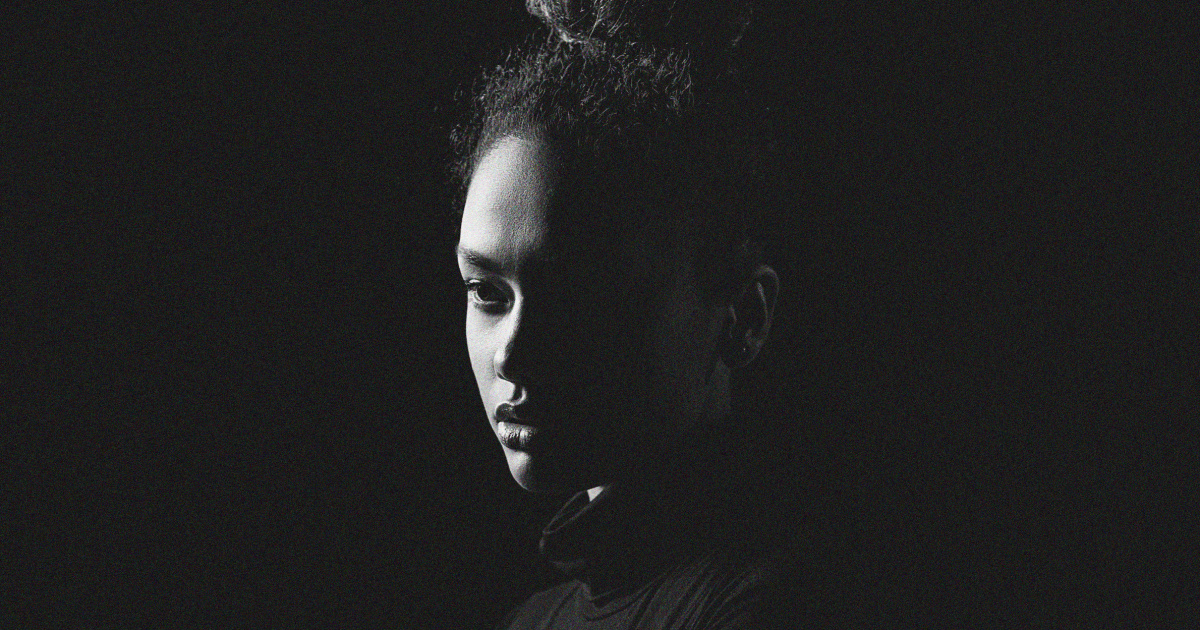- cross-posted to:
- news@lemmy.world
- cross-posted to:
- news@lemmy.world
The paper included a decade’s worth of data from the Centers of Disease Control and Prevention among Black women ages 25 to 44 across 30 states.
In the U.S., Black adult women are six times more likely to be killed than their white counterparts, troubling new data reveals.
A paper published Thursday in The Lancet medical journal analyzed homicide rates of Black women ages 25 to 44 across 30 states. The data was collected between 1999 and 2020 by the Centers for Disease Control and Prevention’s National Vital Statistics System.
Homicides were classified in this study as death by shooting, piercing, cutting and other forms of violence. Racial disparities varied among states; in Wisconsin, for example, Black women were 20 times more likely to be killed than white women. Black women living in Midwestern and Northeastern states were also more likely to be killed by a firearm, the paper found.
The study was designed to provide more comprehensive data about homicide rates among Black women and fill in the gaps in the existing literature, said Bernadine Waller, the paper’s lead author and a postdoctoral psychiatry research fellow at the Columbia University’s Irving Medical Center.



The article basically says it’s a pattern driven by poverty and population density. We’ve all heard that explanation before, and it seems reasonable.
But imagine you’re a middle class black woman; how are you supposed to interpret this? I imagine those women (and men too) would have very mixed feelings about being painted with such a wide brush. Not that I’d know, but I would love to hear something from their perspective.
Middle class black parents still have to have conversations with their children that middle class white parents do not have to.
The conversations all involve how to handle police and aggressive white people. Basically, how to de-escalate to avoid death.
While I understand the point you’re trying to make, I think a lot fewer of them would have issue with this characterization than you would think, partially because they have solidarity with their poorer sisters.
It’s easy to have that kind of solidarity when individuals from your community, rich and poor, are constantly targeted simply for the color of your skin.
Here, now you don’t have to imagine:
https://www.blackpast.org/african-american-history/combahee-river-collective-statement-1977/
This isn’t a new thing. Black women have known about this for a long time.